Mobile Examiner Position Available in Brisbane
Share on facebook Facebook Share on google Google+ Share on twitter Twitter Share on linkedin LinkedIn Mechanic
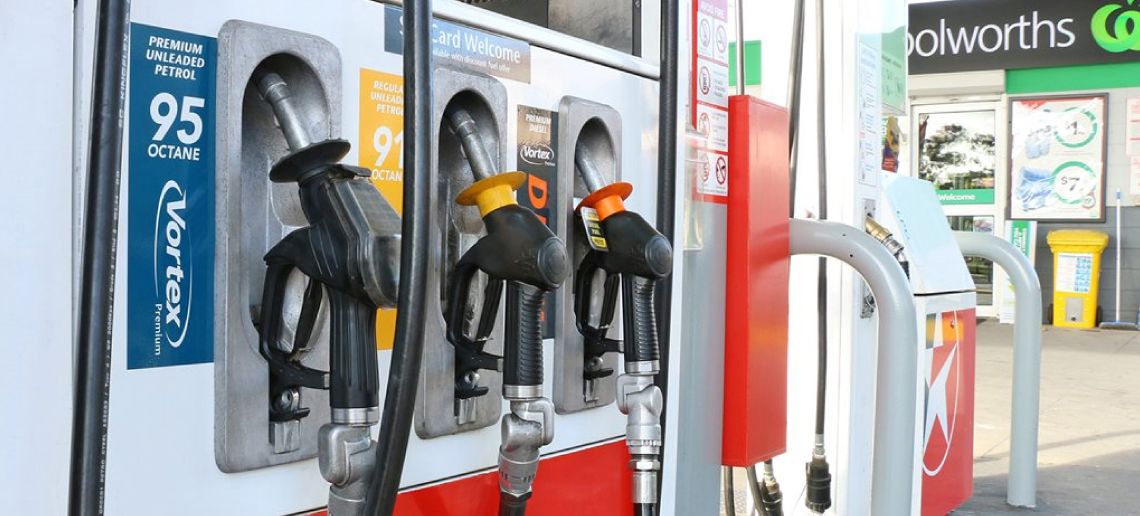
Have you ever had that sinking feeling when you approach the counter at a Service Station and ask to pay for the diesel fuel only to find out that the fuel you put into the vehicle was actually unleaded petrol?
Consider yourself lucky to find out this way rather than starting up the vehicle and running the wrong fuel through the engine. The cost of repair between starting and not starting the engine is considerable.
Here is the breakdown of the fuels typically available in Australian Service Stations.
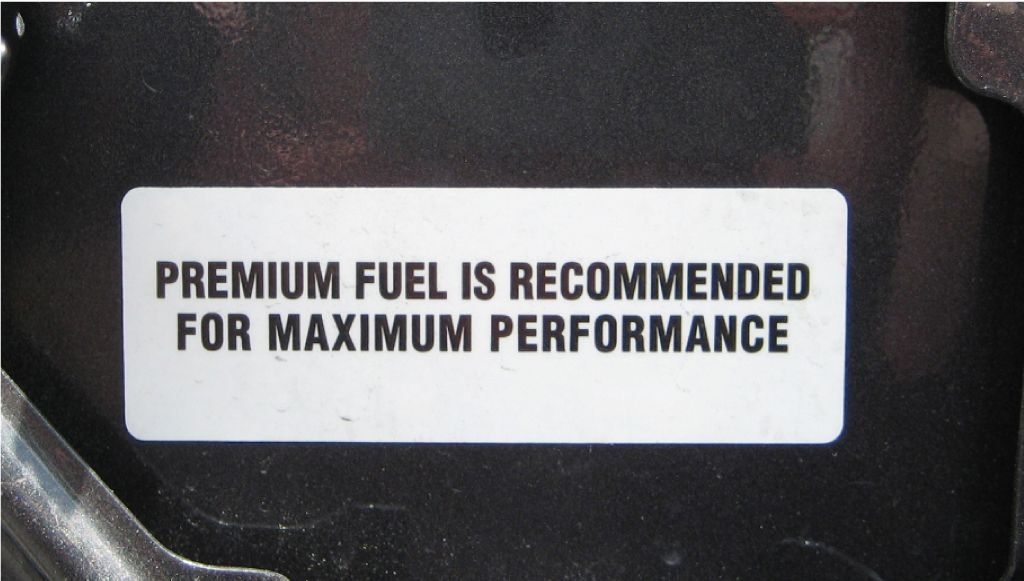
98 Octane Fuel
This fuel is a premium fuel that has additives that allow the fuel to burn cleaner through the engine than a lesser Octane fuel.
98 Fuel is 98% Octane in the fuel.
95 Octane Fuel
This fuel is an economical grade fuel that is 95% Octane and is the cheaper of the two petrol fuels on the market. Being the lower grade there are some additives to the fuel to make it efficient and cheaper but they are not as performance enhancing as the 98 Octane Fuels
91 Octane Fuel
This fuel is 91% Octane and even though it has additives to the fuel it is the base of all petrol fuels. Being the lesser additives and lower content of Octane this fuel is the cheapest of all the petrol fuels.
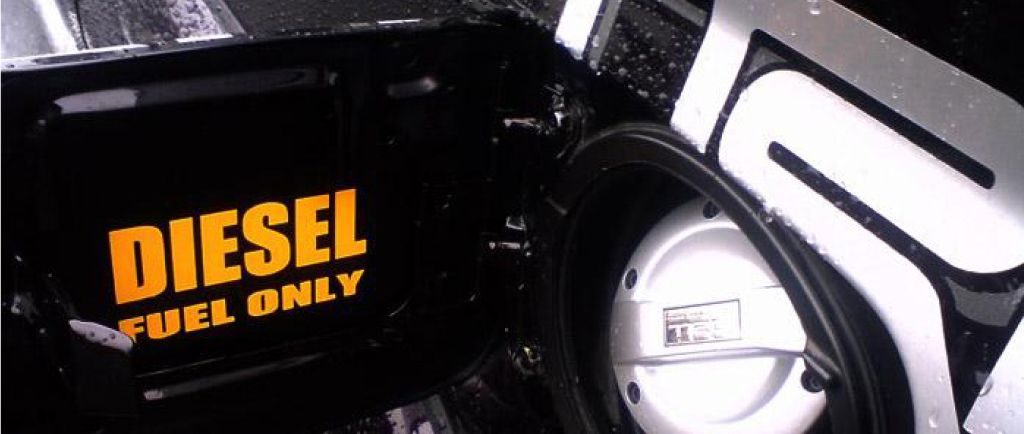
Diesel
Derived from Petroleum, Diesel fuels are oil based and used in diesel engines. Typically this fuel is a slower burning fuel that is why a lot of vehicles that require more torque will have a Diesel engine. More torque allows the vehicle to pull heavier loads or drive without struggle across rugged terrain. 4WD’s, Commercial vehicles and Trucks are more commonly fitted with these engines and fuel systems for this reason. Diesel allows the vehicle to cover more kilometres than a petrol engine with the same volume of fuel because of the slow burning nature of the fuel.
When approaching a service station you will notice that there are two types of Diesel Fuel pumps. There is one that is labelled hi-flow and others that are labelled with Diesel.
The Hi-Flow pumps are for commercial vehicles with large tanks. This reduces the amount of time that the vehicle has to wait for the tank to be filled.
For a Diesel passenger car, use only the non hi-flow pumps.
In most cases of the wrong fuel being put into a vehicle is petrol put into a Diesel tank. The reason why it isn’t as common the other way round is that the nozzle for a Diesel pump is larger than a petrol nozzle. The Diesel nozzle doesn’t fit into the petrol fuel tank because it is too large, however the petrol fuel nozzle will fit into a Diesel tank even though the nozzle may appear to be too small.
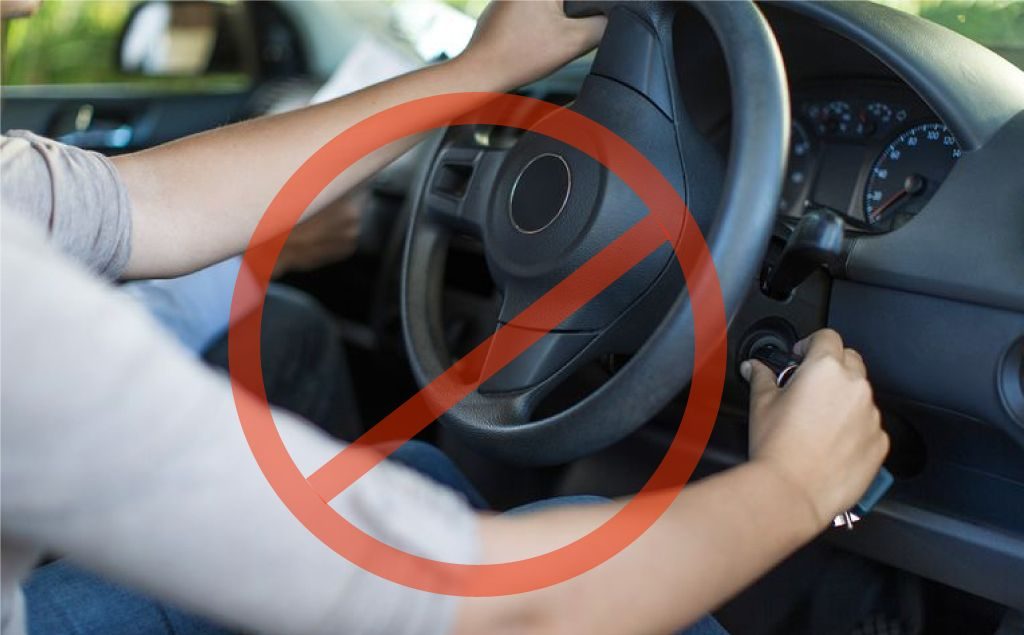
The vehicle will need to be towed to a mechanical workshop and have the fuel tank drained of the incorrect fuel. It will then require to be flushed and refilled with the correct fuel.
What happens when you start the engine with the wrong fuel in it?
The engine may perform differently depending on the age and type of engine in the vehicle but typically the engine will lose power, run poorly and eventually stop.
This is the worse case scenario with the wrong fuel being put in and depending on the vehicle it can be quite a costly exercise to rectify.
With later European model vehicles especially, you may be required to change the Diesel pump, High-pressure pump, Fuel injectors and possibly fuel lines.
Unleaded fuels don’t have oil in the fuel that Diesel has to lubricate the high-pressure pump. When unleaded petrol goes through the fuel system it seizes the pump and part of the metal comes off the pump and goes through the injectors.
This is an expensive repair. See tips below to help avoid this situation.
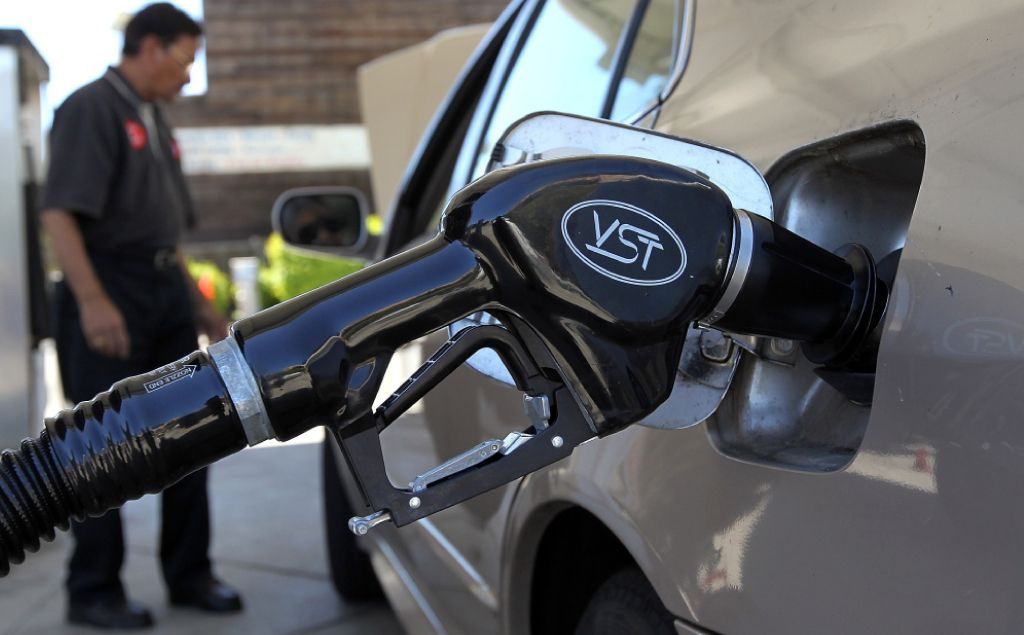
Share on facebook Facebook Share on google Google+ Share on twitter Twitter Share on linkedin LinkedIn Mechanic

Share on facebook Facebook Share on google Google+ Share on twitter Twitter Share on linkedin LinkedIn Mobile
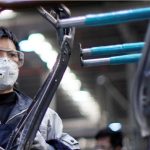
Share on facebook Facebook Share on google Google+ Share on twitter Twitter Share on linkedin LinkedIn How

Hail can cause thousands of dollars worth of damage. When the skies open up and hail comes

Share on facebook Facebook Share on google Google+ Share on twitter Twitter Share on linkedin LinkedIn Mechanic